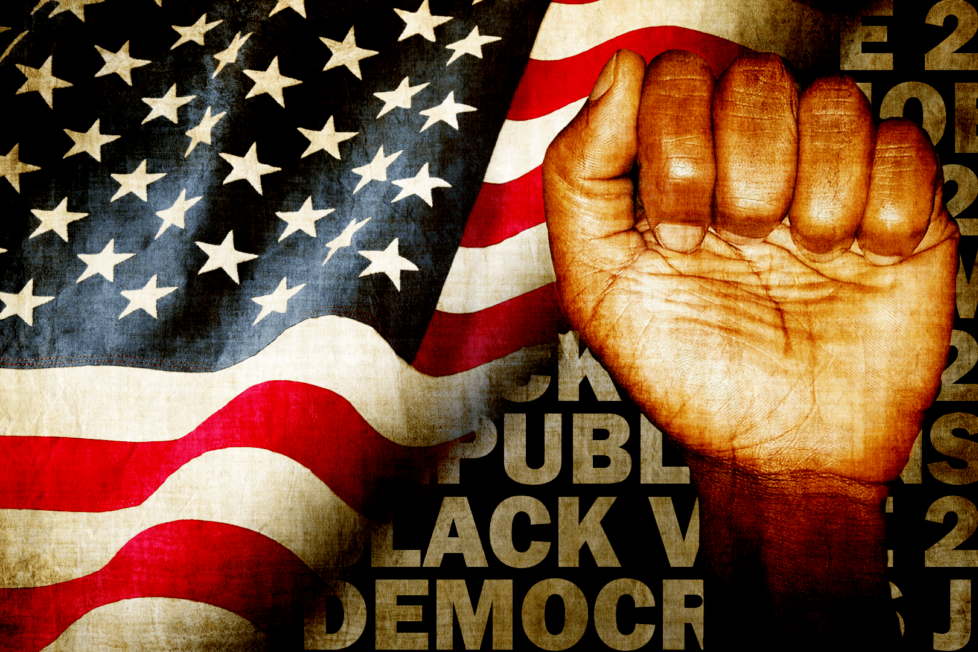The critical role of the ethnic vote in shaping our future

By: Nathaniel J. Greene, Community and Culture Reporter
In an era marked by significant social and political challenges, the importance of the ethnic vote has never been more pronounced. The recent virtual briefing titled “Why the Ethnic Vote Matters,” organized by Houston Ethnic Media, brought together a diverse group of elected officials and advocates to highlight this very issue. Through their personal stories and insights, a compelling picture was painted, one that underscores the profound influence of ethnic communities in shaping the political landscape, especially during sensitive election cycles.
The Power of Representation
The briefing, moderated by Ethnic Media Services Executive Director Sandy Close, featured influential figures like AJ Durrani from EMGAGE-TX, State Representatives Gene Wu and Penny Morales Shaw, City Councilmember Jeffrey L. Boney, and Harris County Clerk Teneshia Hudspeth. These panelists did not just speak; they shared lived experiences that resonated deeply with the challenges and aspirations of ethnic communities.
Hudspeth’s remark that out of the county’s 2.5 million registered voters, only a fraction have participated in early voting, is a wake-up call. It’s a reminder of the untapped power residing within our communities. As Hudspeth emphasizes, the importance of getting voters activated and engaged is not just for one election but is a continual process leading up to pivotal moments like the November elections.
Turning Tides and the Fight Against Injustice
Wu’s account of how ethnic communities in Fort Bend rose against a history of control by a non-diverse group is proof to the power of the ethnic vote. His alarming revelation of a 700% increase in anti-Asian hate crimes since COVID-19 highlights the urgent need for ethnic communities to come together and exercise their electoral power.
Similarly, Boney’s experience in Missouri City, where the African American community fought to change a street name honoring a Ku Klux Klan member, speaks volumes about the change that can be achieved through political engagement. His poignant statement, “If you’re not at the table, you’re on the menu,” captures the essence of political participation – it’s about having a voice and a say in the decisions that affect our lives.
The Margin of Victory
Shaw’s remark, “No vote, no voice,” encapsulates the essence of democracy. Her personal electoral experience, where a mere 200 votes made the difference, illustrates the potential impact of every single vote. It’s a clear message: voting is not just a right; it’s a tool for change.
Durrani’s insight into the 2020 Georgia elections highlights the pivotal role of the ethnic vote. The Muslim community’s contribution to the election outcome is a powerful example of how the vote of a single community can sway national results.
A Call to Action
The briefing was more than just a discussion; it’s a call to action for every member of ethnic communities. It’s a reminder that our voices matter and that our votes have the power to shape the future. As we approach the primaries and the general election, it is imperative that we recognize the weight of our collective voice.
In the words of these leaders, let us not sit out this election. Let us work, let us vote, and most importantly, let us ensure our voices are heard.
